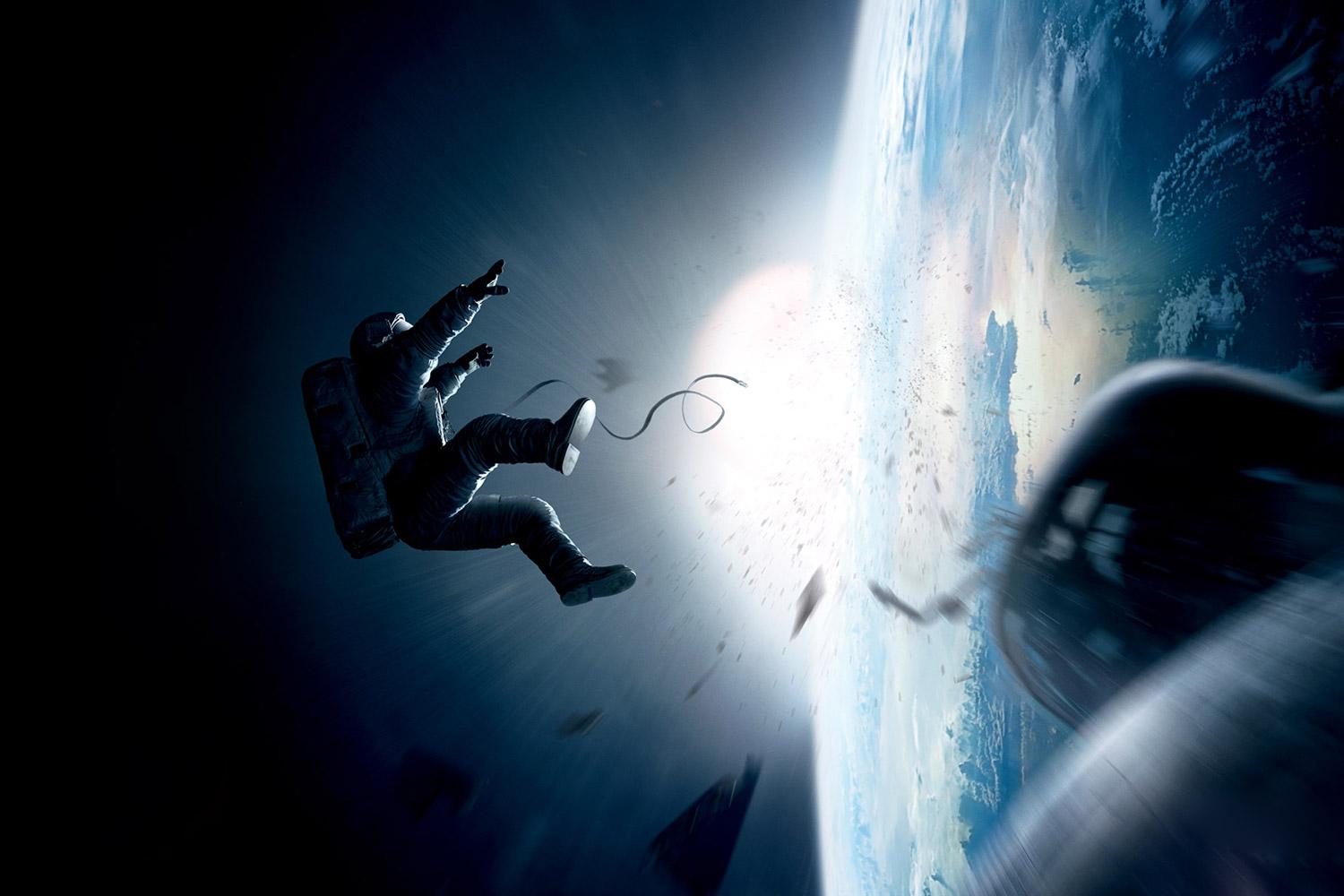What I’m Writing Down
“The habits of journal writing create a most interesting distance between you and your thoughts. Finding out that your thoughts are not inevitable and discovering that not only your thoughts but also your feelings change when you write your thoughts down, you can shift the emphasis, style, and content of your thinking. Experiencing your own powers of observation, coupled with a greater awareness that you have choices, increases your sense of self-mastery and inner stability. That is no small thing.” –Stephanie Dowrick, Creative Journal Writing, page 32
I’m mad at my husband. He decided a few weeks ago that he should replace all of the interior doors in the upstairs of our house. He hated the old doors, he claimed (we have lived here for 17 years, and that’s the first I’ve heard of it). Now that I look at that statement, it seems interesting psychologically. If he were a character in a novel, I wonder what his back story would be?
When I fight with Bruce, I feel like a child again. I feel helpless and out of control. I feel overwhelmed and besieged. I want to find a place where I can be alone, a defensible fortress of solitude. There was no place like that in my house last night. I also didn’t feel it would be fair to absent myself from my daughters.
For the record, I didn’t want Bruce to take on this project with the doors. I told him, very clearly, that I didn’t want him to. We have a houseful of kids right now, for one thing; this particular weekend is Emma’s big choir concert. Annie is home, and she’s borrowed a friend’s three-year-old. When I thought I’d help out by making dinner, Bruce announced that he had dinner “under control.” Tarps on the kitchen floor, sawhorses, sawdust, random boards. (It was really no place for a three-year-old, or for a fifty-seven year old, for that matter.)
We fought. He won and he cleaned up everything and made dinner. He yelled at the three-year-old when she got underfoot and upset everyone (Annie cried). The wise child said, “Uncle Bruce is sad.”
After dinner I got out Dowrick’s book and my journal. I kept repeating to myself the words, you have choices. I didn’t work all the way through it, I admit, but it helped. My journal, if nothing else, is my defensible fortress of solitude. When I was ready to come out and be part of my family again, I felt stronger.




 On Friday afternoon all my girls–all four of them (as we have picked up an extra for a couple of months)–were off doing their own thing. My husband had left his carpentry project to watch the Apple Cup, and I decided that I would go see Gravity, a movie whose premise has intrigued me since I first encountered it. I told Bruce where I was off to and, to my surprise, he leapt up and said, “I’ll go with you.” So off we went.
On Friday afternoon all my girls–all four of them (as we have picked up an extra for a couple of months)–were off doing their own thing. My husband had left his carpentry project to watch the Apple Cup, and I decided that I would go see Gravity, a movie whose premise has intrigued me since I first encountered it. I told Bruce where I was off to and, to my surprise, he leapt up and said, “I’ll go with you.” So off we went.